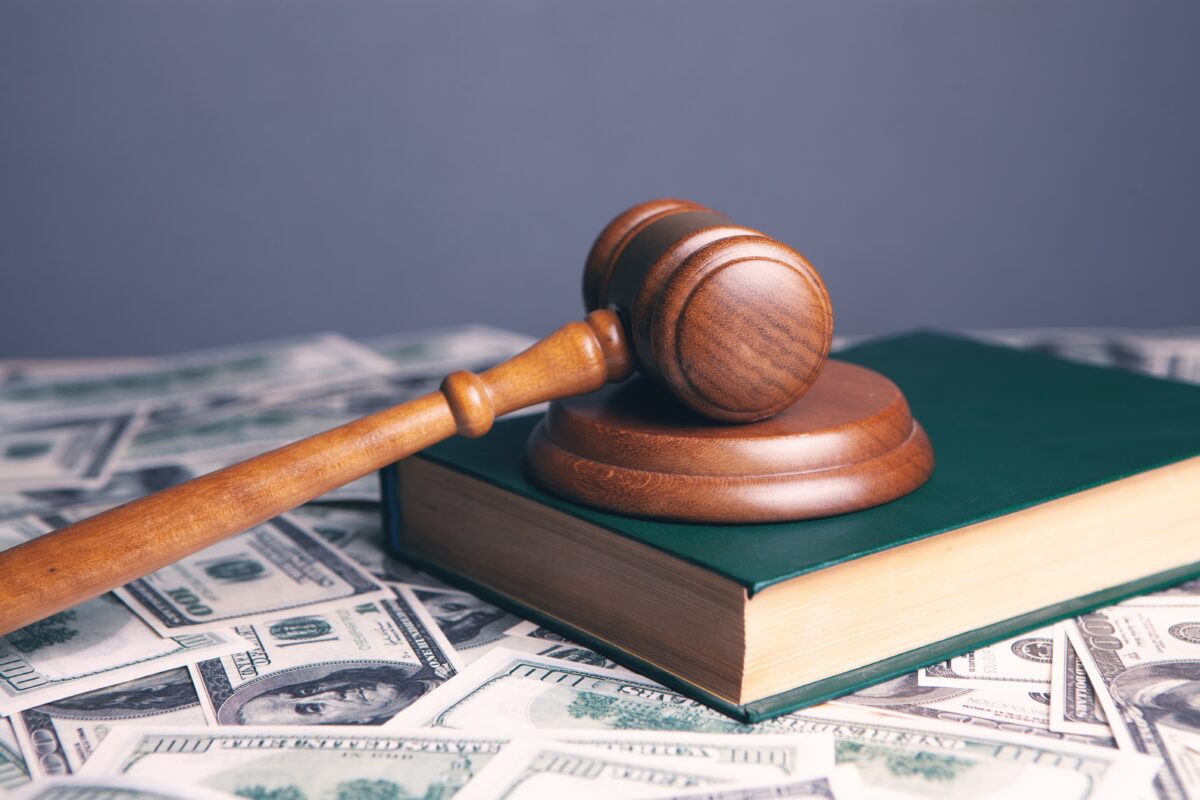On July 30, 2021, sports agent Ben Dogra initiated a lawsuit against renowned lawyer Rusty Hardin and his law firm, Rusty Hardin & Associates, LLP. Since then, the defendants have turned themselves into counter-claimants, suing Dogra in return. The case is pending in the U.S. District Court for the Eastern District of Missouri, with a case number 21-cv-00949.
Dogra’s Complaint revolves around four counts: (1) legal malpractice/professional negligence; (2) breach of contract; (3) breach of the implied covenant of good faith and fair dealing (as an alternative cause of action); and (4) money had and received. Dogra claims that his employment by Creative Artists Agency was wrongfully terminated without cause, that he retained Hardin and his law firm to represent him against CAA in connection with that wrongful termination, and that “remarkably, the post-hearing brief” that was submitted by Hardin and his firm in an arbitration hearing against CAA “stipulated and agreed to CAA’s proferred $2,756,503 figure” for the coaching revenue at issue. Dogra had other lawyers throughout the arbitration against CAA, including his current lawyers fighting Hardin and his firm (Jesse Kaplan and Bryan Freedman). More on that later.
Dogra is upset that neither Hardin nor his law firm requested an accounting and audit of CAA’s coaching revenue or at least reserve Dogra’s rights to do so. Thus, when the arbitrator found in favor of Dogra, the Opinion and Award relied on CAA’s proferred $2,756,503 figure and awarded that amount to Dogra, but also said that any categories of claims (such as marketing revenue, consulting revenue, and player contract revenue) in which the amount of damages were in dispute needed to be audited in order to calculate damages.
After receiving the Opinion and Award, Hardin and his firm sought coaching revenue beyond the figure proferred by CAA, but the arbitrator ruled that Dogra had specifically agreed to the $2,756,503 figure and was thus bound to it. Dogra was not happy about that, particularly due to the fact that a later audit would purportedly discover that the amount proferred by CAA was grossly understated (by roughly $7.7 million).
Dogra brought suit against Hardin and his firm on the grounds that they were negligent in their representation of him and that they should have never stipulated and agreed to the amount of coaching damages proferred by CAA.
His breach of contract claim indicated that Hardin and his firm agreed to charge Dogra a $1.575 million flat fee in exchange for representation in the arbitration matter, which would include serving as lead counsel through the resolution in arbitration or a court of law revolving around Dogra’s employment contract with CAA. Dogra says he paid the full amount and wants some of it back because,
“By the time the Opinion and Award was issued in July 2016, Hardin had ceased taking an active role in representing Dogra in the Arbitration. In fact, Hardin’s role in representing Dogra in the Arbitration became virtually non-existent.”
Filing in 21-cv-00949.
Dogra claims that the arbitration continued for at least 5 more years beyond the 2016 Opinion and Award being issued and that Hardin’s firm’s role rapidly diminished “to the point that it became virtually non-existent.”
Hardin and his law firm fired back with a counterclaim with two counts: (1) breach of contract; and (2) breach of implied covenant of good faith and fair dealing. The basis for their counterclaims was that Dogra entered into a fee agreement that set out the terms of Dogra’s engagement with the law firm and that Dogra agreed to pay Hardin’s firm an additional sum of money if the arbtiration was successful, which was defined as a result where Dogra received an award as a result of trial or negotiated settlement.
While Dogra may not have received the amount he desired, he obtained an award against CAA and Hardin demands payment of the success fee.
So, where are we now? After more than a year-and-a-half of fighting in federal court, the case remains pending. Recently, U.S. District Judge John A. Ross, overseeing the case, ruled on motions to quash or for protective order that were filed by a couple of Dogra’s current lawyers. Those motions were denied.
Hardin wanted to depose Dogra’s lawyers, including the aforementioned Kaplan and Freedman, about their involvement in the arbitration and knowledge of events that give rise to Dogra’s instant claims. Subpoenas were issued and Kaplan/Freedman filed motions to quash.
The judge denied the motions on the grounds that Eighth Circuit precedent allows Hardin and his firm to query Kaplan’s and Freedman’s specific knowledge of facts from the prior arbitration that give rise to the instant matter. Dogra waived privilege by placing his lawyers’ prior conduct sqaurely at issue in the case.
“Further, the Court finds notable that Plaintiff consulted Freedman in March 2016 around the time of the settlement demand containing language similar to the post-hearing brief on the issue of coaching contract revenues and that Kaplan later drafted the brief where it was mentioned again,” states the order denying the motions. “Even if Kaplan was not directly involved in 2016, he knew the internal history of the arbitration. Put simply, Counsel cannot unilaterally declare their knowledge common or irrelevant. Given the sensitive nature of Plaintiff’s allegations, Defendants have a right to ascertain the roles, decisions, and actions of each lawyer involved in the arbitration, including Counsel, as critical fact witnesses in the present case.”
Thus, the case should start becoming a bit spicier with actual legal counsel under the microscope and the inability for them to hide behind privilege.
The trial date has been pushed back a few time thus far, but it appears that the case may eventually be set for trial in May 2023.
